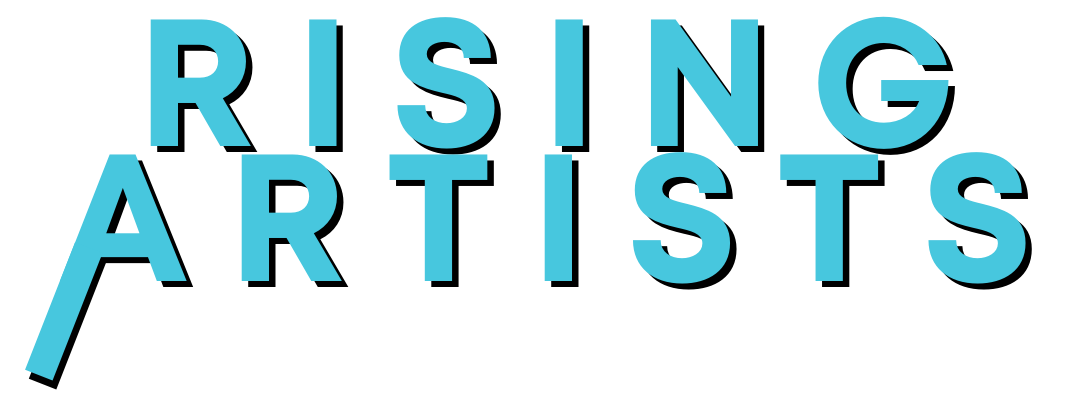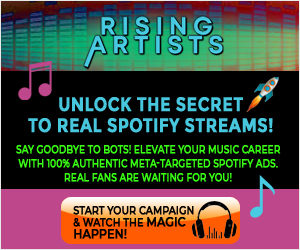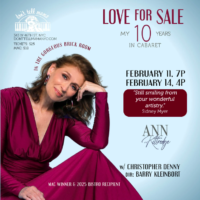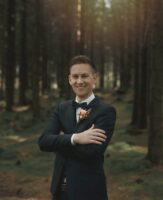Q: I’m in love with the production of “Toxic,” specifically how the harmonies, deep lyrics, and dance-pop sound that you have going on correspond with each other beautifully. How were you able to create a song that enables people to vibe with it not only emotionally but also physically by dancing?
KC: When it comes to music, I think the most important element to crafting a vibe is the honest emotion that drives it’s creation. So many factors come into play when making a song, but for me I always strive to make sure it’s a complete reflection of my own feelings. In my opinion, it’s really hard to make relatable music if I am not channeling my actual emotions—I think if I follow what I feel, then others will be able to do the same and find a way to relate. On top of all of this, I am very fortunate to have my producer, Stephen Rivera, who is fantastic at matching the vision I have with sound!
Q:The song touches on being in toxic situations. Where did you pull the inspiration for the song? Where did the lyrics come from?
KC: Well…I have had my fair share of toxic relationships! The particular one that inspired the song was just extremely toxic. However, the song was a very honest way for me to face the feelings I had shut out from the experience. Writing the lyrics and recording the track was a great way to readdress a lot of what I struggled through and helped me let go of it all together.
Q: What made you go from classical music to more synthpop/modern pop? Do you miss classical? Do you still practice it?
KC: I absolutely still practice classical music—I actually listen to it often, too! It helps me focus when I need to get things done! I have always loved pop culture and have been intrigued by the concept of human identity. When I was about 15-16 is when I really started to see how powerfully important music was for people to find themselves in. This realization is what inspired me to become a songwriter/performer, so I could share my story and help others find someone they can relate to.
Q: You have been a musician for over 20 years. What was your music career like before transitioning to modern pop?
KC: Prior to being a pop singer—I had some exposure in the musical theater world and the film scoring industry. However, I am much more comfortable as a songwriter and artist. I would absolutely love to go back to orchestral music and even the theater, but for now, pop music has my full undivided attention.

Q: How has the pandemic impacted your music career?
KC: The pandemic has been a bit of a rollercoaster for me and many other artists around the globe. However, it has been a great period for me to reconnect with myself as a person and artist and for me to rediscover my sound/style. I had actually released four singles prior to the pandemic but I chose to remove them from stores for the sake of brand continuity. I am proud of all of my work, but wanted to start over with new music that felt more me.
Q: In your opinion, what’s an advantage and disadvantage to being in the music industry?
KC: I think this question can go in so many different ways. In the beginning, for anybody, it is really REALLY hard to be an artist who wants to feel seen and heard. There are so many obstacles and trials to navigate through—I have unfortunately had to learn everything on my own. There have been times that being in the industry has felt extremely overwhelming—when you do everything independently you’re in charge of marketing, promoting, releasing, content creation, public relations, etc. The reality most of us artists just want to make the music—so that comes as a huge disadvantage. On the contrary, I have found these trials advantageous in the sense they have taught me about the process and who I want with me along the way. Lastly, I have to point out the obvious and state an advantage to the industry is the privilege of being able to share my craft with the world and seeing the return of who and where my music gets to. I am always so honored to be able to be played by people who don’t even know me.
Q: How would you describe yourself to fans?
KC: My message is pretty simple—be yourself. I spent more than half my life feeling like an outsider, misfit, outcast, etc. The most important part of my “why” is being my most authentic self. I want fans to feel like they can be their most authentic selves when they hear me—I want my music to be the place they can go to where they feel like they can be whoever they want to be, no matter what that is. I never had that safe space in my life when I needed it—so, I feel it’s my mission to create that for others. I want my fans to feel like they don’t have to conform to normality much like myself.
Interviewed by Taylor Berry













